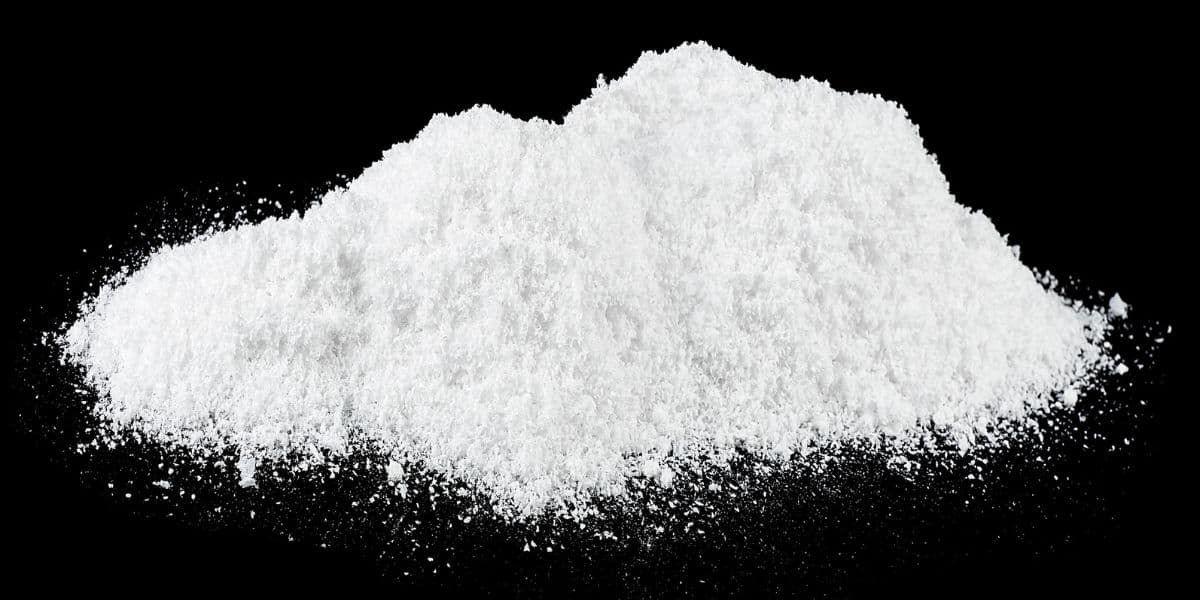PCP Addiction and Treatment

PCP, or phencyclidine, is a potent drug that separates users from reality. It is addictive and can cause serious health problems, making it a significant concern for public health. PCP was developed in the 1950s as a surgical anesthetic. However, it was discontinued because of its harmful side effects, such as hallucinations and confusion.
The drug is now commonly sold on the illegal market under different names and used for its effects on the mind. As the availability and use of PCP spread, so did the alarming rise in addiction cases.
What IS PCP?
PCP, or phencyclidine, is classified as a Schedule II controlled substance in the United States, meaning it has a high potential for abuse and is associated with severe psychological or physical dependence. The drug is a white crystalline powder that dissolves in water or alcohol. It can be taken in powder or liquid form.
People usually use PCP by smoking, snorting, or injecting it. These methods quickly send the drug into the bloodstream. As a result, the effects happen fast.
The effects of PCP are both potent and dangerous, often leading to detachment from reality. As a dissociative drug, PCP disrupts the brain’s normal neurotransmitter functions, particularly those involving glutamate, which is critical for the perception of pain, emotions, and memory. PCP users may have various hallucinations and changes in how they see, hear, and feel their bodies. The drug can induce a mind-altering state that is highly unpredictable, depending on the dose, the method of ingestion, and the user’s psychological state.
In moderate doses, PCP may produce euphoria, a sense of invulnerability, and increased strength. Still, these effects are often overshadowed by negative outcomes such as confusion, paranoia, and agitation. At high doses, PCP can cause severe psychological disturbances, including violent behavior, seizures, and coma. PCP overdose is a significant risk, often leading to life-threatening conditions.
Street Names for PCP
PCP is commonly known by various street names that vary by region and community.
Some of the most well-known street names for PCP include:
- Angel dust
- Rocket fuel
- Magic dust
- Ozone
- Wack
The variety of street names reflects the drug’s widespread use and the different forms in which it is distributed. PCP abuse is not glamorous and can cause serious physical and mental health issues. The casual or recreational use of PCP, under any of these names, can quickly spiral into a dangerous addiction.

Signs of PCP Addiction
It is essential to identify the indications of PCP dependency for prompt intervention and successful therapy. PCP addiction causes both physical and psychological symptoms that can significantly impair a person’s ability to function. The drug is very strong and can harm the brain and body, leading to addiction with serious long-term effects.
Physical Signs:
- Weight loss: Chronic users may experience significant weight loss because of the drug’s impact on appetite and overall health. PCP’s ability to numb sensations can lead people to ignore basic needs, including eating, resulting in malnutrition and severe weight loss.
- Dilated pupils: Like many hallucinogens, PCP can cause noticeable changes in pupil size. This physical sign is often accompanied by a vacant or glassy-eyed stare, reflecting the user’s detachment from their surroundings.
- Unusual physical strength: Some people under the influence of PCP display extraordinary physical strength, likely because of reduced pain perception. This symptom is particularly dangerous, as it can lead to self-injury or harm to others, often without the person being fully aware of their actions.
Behavioral Signs:
- Detachment from reality: Chronic use leads to a persistent state of detachment, where people lose touch with reality. This can manifest as delusions, hallucinations, and a profound disconnect from the world around them.
- Aggressive or violent behavior: Users may exhibit unusually aggressive or violent behavior, often without clear provocation. The dissociative effects of PCP can trigger violent outbursts, which are exacerbated by the drug’s ability to numb pain and reduce fear.
- Social withdrawal: As addiction takes hold, users may withdraw from social interactions, neglecting relationships and responsibilities. This isolation often deepens the psychological hold of the drug, making it even harder to break free from addiction.
People with PCP addiction struggle to quit, build up a tolerance, and keep using despite the negative effects. Using PCP for a long time can cause serious mental health issues, problems with thinking, such as memory loss, and significant physical health concerns. Users can become dependent on a drug, where the benefits decrease while the dangers increase over time.

Addiction Treatment for PCP Addiction at Northridge Addiction Treatment Center
Treating substance use disorders such as PCP addiction requires a comprehensive approach that addresses both the physical and psychological aspects of the disorder. At Northridge Addiction Treatment Center (NATC), we offer specialized, intensive care tailored to the unique needs of people struggling with PCP use disorder.
If you or a loved one is struggling with PCP addiction, Northridge Addiction Treatment Center can help with patient-focused, evidence-based care. Our comprehensive addiction treatment programs provide the care and support needed to overcome addiction and reclaim your life.
We provide onsite medical detox to safely manage PCP withdrawal symptoms with around-the-clock medical supervision and medication-assisted treatment.
Contact NATC today to speak with one of our compassionate treatment specialists to begin your path to recovery. A life free from substance abuse may only take a phone call.
Find Meaningful Recovery
Our caring and compassionate specialists are eager to help you comfortably navigate this journey to recovery. Our individualized treatment plan, programs, and therapies may be a perfect match for you or your loved one. Let us assist you in living the happy life you deserve. It starts with a phone call.




